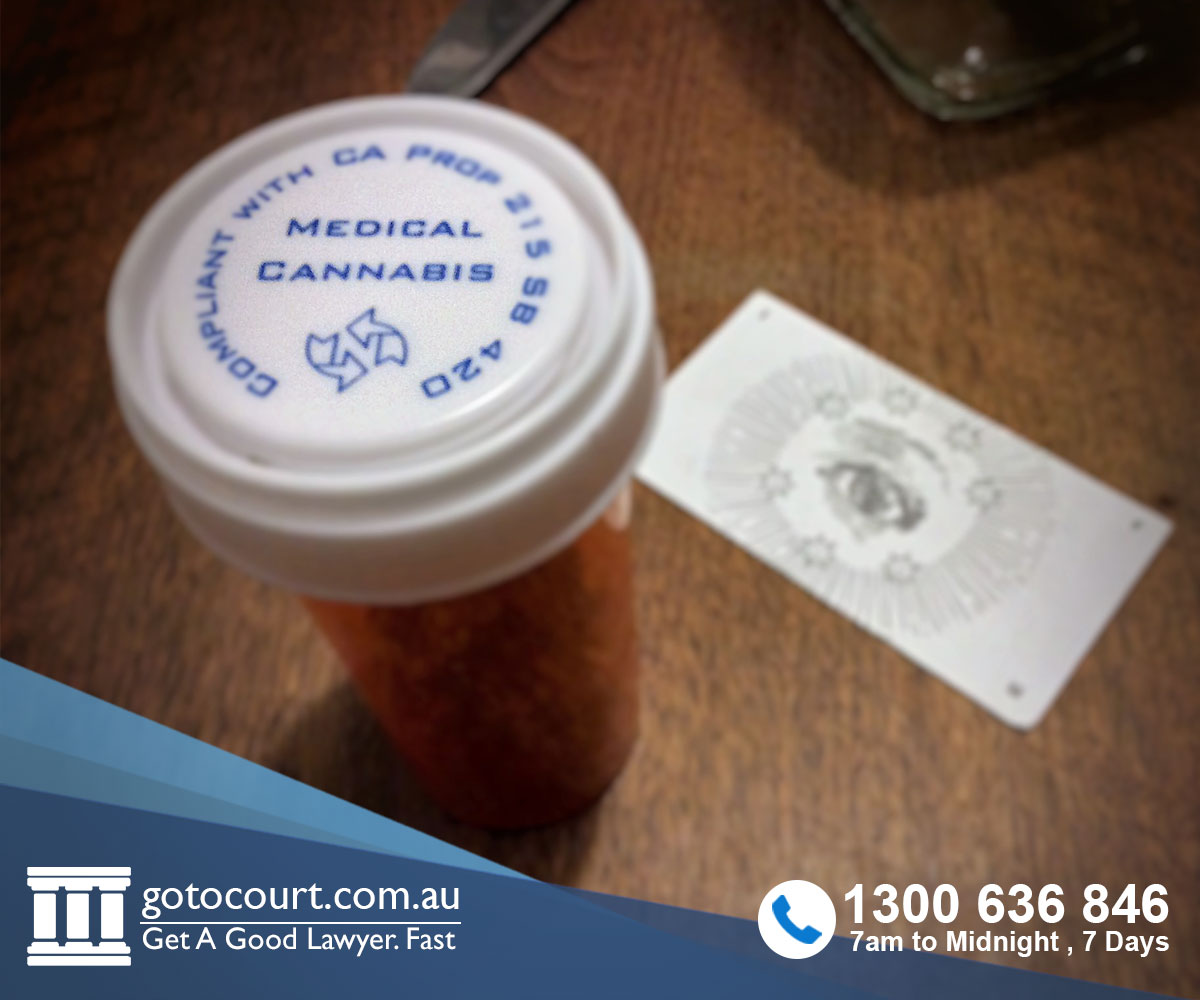Call our lawyers
now
or,
have our lawyers
call you
Stay at Home – What Does it Really Mean? (Vic)
Updated on Aug 17, 2022 • 10 min read • 254 views • Copy Link
Stay at Home – What Does it Really Mean? (Vic)
During the COVID-19 pandemic, both the Federal and the Victorian governments have been implementing ever-changing rules. On 2 April 2020 the Stay at Home directives came into force. They were in force until the 11th May 2020. Please note the restrictions outlined below are no longer in force.
What is an ‘ordinary residence’?
There are currently only five permissible reasons for anyone to leave their ‘ordinary residence’ under the Stay At Home Directive.
The directive notes the following as to ordinary residences:
- If a person’s ordinary residence is unavailable or they do not have one, they may find one, which will then be considered their ordinary residence for the purposes of this directive;
- If a person ordinarily resides outside of Victoria but has a temporary residence in Victoria, that residence will be considered their ordinary residence for the purposes of this directive;
- If a person has more than one ordinary residence (for example, a child under a shared parenting arrangement) both/all of those residences are considered their ordinary residence for the purposes of the stay at home directive;
- A person may move during this period, with their new residence becoming their ordinary residence from midnight on the moving day, for the purposes of the stay at home directive.
When can I leave the house?
There are five permissible reasons to leave the house under the stay at home directive.
Reason 1 – Necessary goods or services
A person in Victoria may leave their ordinary residence to:
- Get food or drink;
- Do anything health or medical-related; and
- Access goods and services such as:
- financial institutions
- government bodies, such as Centrelink for example;
- post offices;
- pharmacies;
- hardware stores;
- petrol stations;
- pet stores or veterinary clinics; as well as
- retail facilities excluding beauty and personal care businesses, auction houses as well as Indoor and outdoor market stalls.
Reason 2 – Care or other compassionate reasons
Under the stay at home directive, persons in Victoria may leave their ordinary residence to:
- meet obligations pursuant to any shared parenting arrangement, court-ordered or otherwise;
- conduct any visitations of a child in detention or in the care of another person, if you are a parent of that child;
- perform any conduct required to meet any obligations in relation to the care and support of your child;
- provide childcare, early childhood education or school, including for vulnerable young persons who reside in the care of the state or otherwise formally deemed vulnerable and are assessed as requiring care and education outside family homes;
- provide care and support to relatives or other persons who require such due to their health;
- attend residential aged care facilities, unless such is prohibited pursuant to a separately applicable direction which can be summarised as follows:
- you must not enter or remain at a residential aged care facility unless:
- you are an employee or contractor of the facility;
- your presence is required for the purpose of providing good and services necessary for the facilities effective operation or for providing health, medical or pharmaceutical goods to the residents;
- it is for the purpose of a care and support visit, which is a visit of no longer than 2 hours by one person or two persons together;
- is for end of life support;
- or is for emergency management or law enforcement.
- you must specifically not visit or remain at a Residential Aged Care Facility in Victoria if:
- you are diagnosed with COVID-19 and have not yet met the discharge from self-isolation requirements;
- you have visited a place outside of Australia and have arrived in Australia in the preceding 14 days;
- you have had contact with a person who has been diagnosed with COVID-19 in the preceding 14 days;
- you have a temperature higher than 37.5 degrees;
- you do not have an up to date vaccination against influenza or are under the age of 16.
- Attend a hospital, unless such is prohibited pursuant to a separately applicable direction which states as follows:
- you must not enter or remain at a hospital in Victoria unless you are a patient, a worker or visitor.
- You are a visitor only if you are:
- the parent or guardian of a patient under the age of 18,
- a carer for a person with disability,
- the partner or support person of a pregnant patient, or
- a person present for the purpose of care and support to a patient.
- A patient may only have one care and support visit each day, lasting no longer than 2 hours.
- No more than two visitors may visit a patient at any one time
- you must not visit or remain at a hospital in Victoria if:
- you are diagnosed with COVID-19 and have not yet met the discharge from self-isolation requirements;
- you have visited a place outside of Australia and have arrived in Australia in the preceding 14 days;
- you have had contact with a person who has been diagnosed with COVID-19 in the preceding 14 days;
- you have a temperature higher than 37.5 degrees.
- Attend a wedding, as long as this does not involve more than 5 persons, including the persons being married, the authorised celebrant and two required witnesses;
- Attend a funeral, as long as it involves no more than 10 persons, excluding those necessary for the conduct of the funeral;
- donate blood;
- escape harm or the risk of harm, including such related to family violence from persons at the ordinary residence;
- visit a person with whom you are in an intimate personal relationship.
- you must not enter or remain at a residential aged care facility unless:
Reason 3 – Work and education
This reason allows persons to leave their ordinary residence to:
- Attend work, including voluntary work;
- Attend an educational institution; and
- Do anything necessary to attend work or educational institutions, including but not limited to taking children to childcare and the like.
Notably, however, the above reasons are only acceptable if it is not reasonably practicable for the person to:
- Work from within the ordinary residence; or
- Obtain educational services from within the ordinary residence – i.e. remotely through an educational institution.
Reason 4 – Exercise
You may leave your ordinary residence to exercise but must:
- Not enter a single undivided space with any more than 1 person, unless those persons are part of the same ordinary residence;
- Not arrange to meet with more than one person outside of those living at your ordinary residence;
- Take reasonable steps to maintain a distance of 1.5 metres from all other persons, at all times.
Reason 5 – Other specified reasons
Some other permissible reasons to leave one’s ordinary residence under the Stay At Home Directive include:
- For an emergency;
- When required by law, including to attend a police station or court;
- If your ordinary residence is no longer available or suitable for you to reside in;
- If you are moving to a new ordinary residence;
- If you are leaving Victoria, because you ordinarily live outside of Victoria;
- If you are leaving Australia, irrespective of where your ordinary residence is;
- Moving between your usual multiple ordinary residences, if applicable.
Indoor gatherings
Principally it should also be noted that general blanket rules have been implemented to limit contact between persons. These include:
- Any indoor gatherings, should not include more than one person who is not a resident unless they:
- Are from the same ordinary residence;
- Are part of a wedding (separately governed – described below);
- Are part of a funeral (separately governed – described below); or
- Comply with any of the below reasons to leave someone’s ordinary residence.
- Any meeting of people inside of a single undivided indoor space, other than your ordinary residence, must comply with what is called the density quotient. This quotient can be calculated by dividing the total area of the space by four. Whatever number is the result, is the maximum number of persons that should be within that space at any point in time.
- You must not permit another person into your ordinary residence unless:
- They usually reside there themselves;
- They are the subject of the Isolation (Diagnosis) Directive (separately governed – described below);
- Their attendance is for ‘care’, or ‘work and education’ purposes (separately governed – described below);
- They are there for a private inspection of the premises (pursuant to Restricted Activity Directions);
- They are there for medical or emergency purposes;
- Their attendance is otherwise required by law.
- Persons generally must not arrange to meet more than one person for an outdoor activity, except:
- Where persons ordinarily reside in the same premises;
- Are part of a wedding (separately governed – described below);
- Are part of a funeral (separately governed – described below); or
- Comply with reasons of ‘care’, ‘work and education’ (separately governed – described below).
Isolation (Diagnosis) Directive
There are a number of other public health directives which also apply in Victoria at the moment. For example, there is a separate directive for persons who are diagnosed with COVID-19. Such persons must not leave their ordinary residences, except for:
- the purpose of obtaining medical care or medical supplies;
- any other emergency situation; or
- in limited outdoor circumstances where it is possible to avoid close contact with any other persons.
No other persons are permitted to enter the ordinary residence unless that person:
- usually lives at the premises,
- is living at the premises for the purpose of self-isolation or
- for medical emergency purposes.
A person subject to self-isolation requirements will be discharged from self-isolation if they meet the criteria under existing Departmental requirements (currently 14 days).
Enforcement
Victoria Police have been given powers to enforce all directives, including the stay at home directive and may issue immediate on-the-spot fines.
On the spot fines (infringements) for breaching the above directions are:
- $1,652.00 for individuals; and
- $9,913.00 for businesses.
However, notably, the maximum penalties for these offences are
- $20,000.00 or individuals; and
- $100,000.00 for a body corporate (including an association, organisation, company or institution).
Defences
The only defence applicable to these offences is that the accused had a reasonable excuse for their refusal or failure to follow the direction. With respect to prior directives, similarly worded defences have been interpreted as follows:
- an excuse judged objectively – so it is not relevant whether the person committing the offence thinks it is reasonable. Rather, the action must be able to be objectively considered to have been for a good reason;
- “what is a reasonable excuse depends not only on the circumstances of the individual case but also on the purpose of the provision to which the defence of ‘reasonable excuse’ applies” (Woolmington v DPP [1935] UKHL 1);
- “The reality is that when legislatures enact defences such as “reasonable excuse” they effectively give, and intend to give, to the courts the power to determine the content of such defences. Defences in this form are categories of indeterminate reference that have no content until a court makes its decision. They effectively require the courts to prescribe the relevant rule of conduct after the fact of its occurrence…” (Woolmington v DPP [1935] UKHL 1);
- “A reasonable excuse is no more or less than an excuse which would be accepted by a reasonable person” (Taikato v R (1996) 186 CLR 454 Chie).
The applicable standard of proof for a charge of breaching the stay at home directive is ‘beyond a reasonable doubt’ as is with all criminal matters.
Ultimately there is no comprehensive and clear definition of what a reasonable excuse is for the purpose of breaching the stay at home directive. This determination must be objectively reached and will turn on the individual circumstances of each case.
As this directive remains in place, it is likely that more and more court decisions on what is and isn’t reasonable will be published. However, in the meantime, it is advisable to limit your movements outside of your ordinary residence to the above reasons. If in doubt, you should stay at home or seek legal advice.
If you require legal advice or representation in any legal matter, please contact Go To Court Lawyers.

Affordable Lawyers
Our Go To Court Lawyers will assist you in all areas of law. We specialise in providing legal advice urgently – at the time when you need it most. If you need a lawyer right now, today, we can help you – no matter where you are in Australia.How It Works











1. You speak directly to a lawyer
When you call the Go To Court Legal Hotline, you will be connected directly to a lawyer, every time.


2. Get your legal situation assessed
We determine the best way forward in your legal matter, free of charge. If you want to go ahead and book a face-to-face appointment, we will connect you with a specialist in your local area.


3. We arrange everything as needed
If you want to go ahead and book a fact-to-face appointment, we will connect you with a specialist in your local area no matter where you are and even at very short notice.













